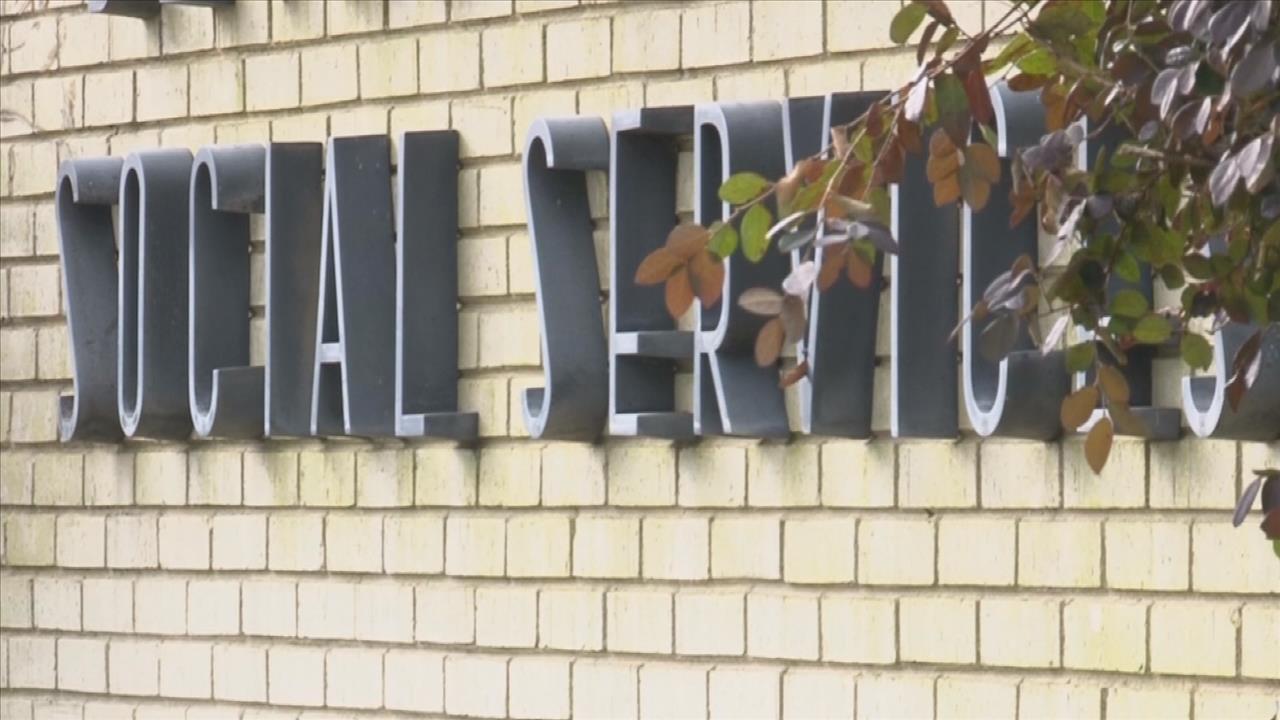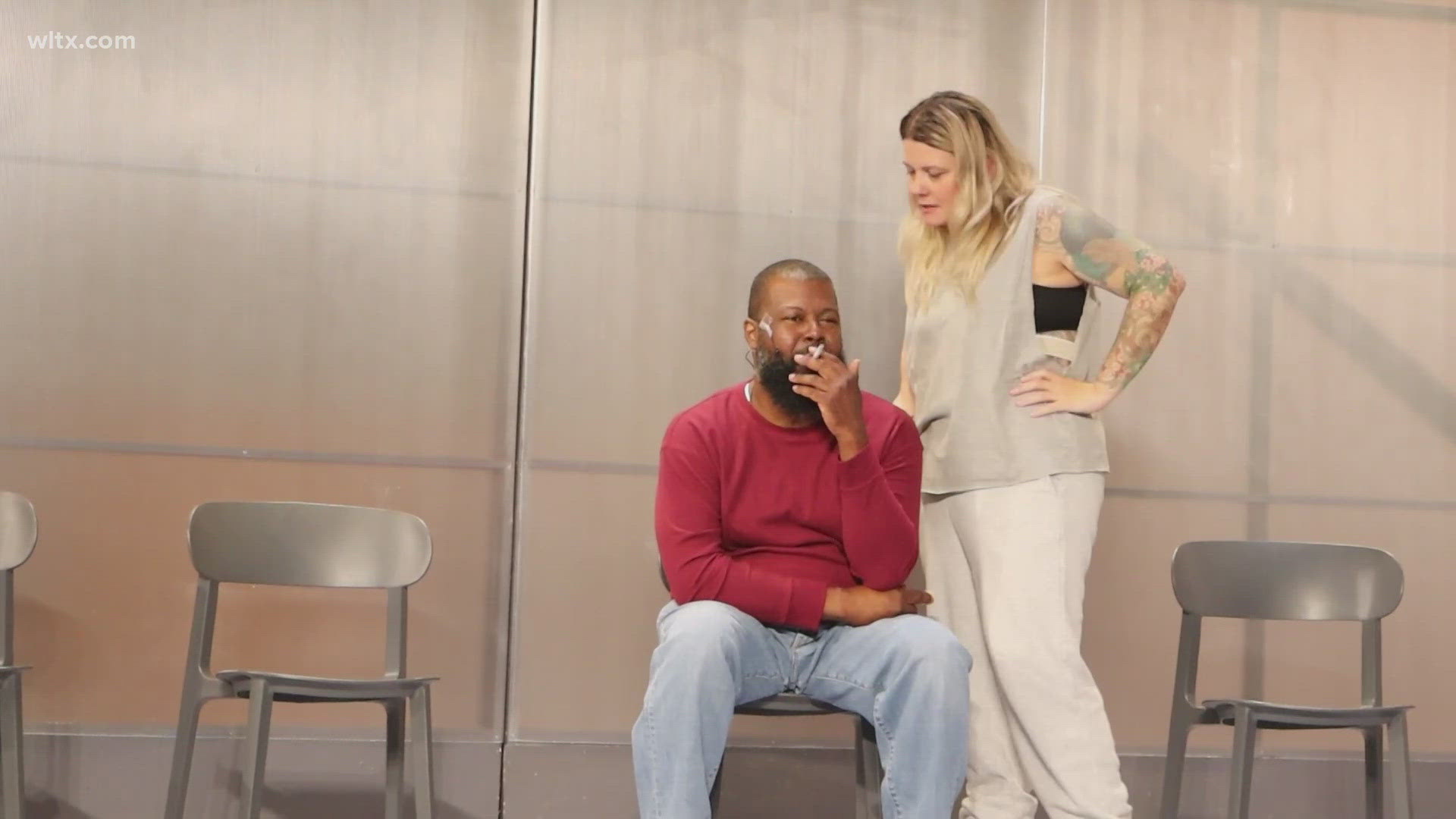COLUMBIA – More than two months after the state and Hewlett Packard agreed to settle a long-running dispute that has kept a computerized child support enforcement system from being completed, no papers have been signed.
State Sen. Tom Alexander, a Walhalla Republican who chairs a budget panel that oversees the state Department of Social Services, said he has been told that talks between the two sides have made progress and is hoping for a final agreement "sooner rather than later."
"It's my understanding that they are continuing to make progress," Alexander told The Greenville News. "I don't know to what extent and how close but I think they are feeling sooner rather than later, or at least that's the sense that I'm getting from them."
The problem-plagued child support enforcement computer system has already cost the state tens of millions of dollars in federal penalties and legal fees.
South Carolina remains the only state that hasn't implemented an automated child support enforcement system as required by a 1988 federal law.
DSS officials told lawmakers in their quarterly report for the period ending Sept. 30 that the state and HP reached an agreement "in principle" Sept. 22 and it would take several weeks to work out the details and sign the documents. Neither side offered any details at the time.
A spokeswoman for DSS said this week there was nothing new to report on negotiations.
The continuing mediation talks come as DSS is seeking millions of dollars next year for added caseworkers to address high caseloads and worker turnover. The price tag DSS mentioned to senators earlier this year for the added workers — $10 million — is the same as the annual penalties the federal government has assessed some years in the project. The penalties totaled $11 million in 2012.
The state and Hewlett Packard have been in mediation talks since the spring over HP's contract, which was terminated by the state last year.
Alexander said the two sides have not hit a brick wall in mediation but have not finished ironing out details.
"They didn't say anything that made me feel they weren't going to be able to get something finalized," he said.
Alexander's finance subcommittee is scheduled to meet with DSS officials Dec. 16 and the HP agreement is among the agenda items, along with the agency's budget for next year.
The state has gone through three vendors since developing the child support enforcement project in the 1990s. A DSS official told senators earlier this year the agency was evaluating what it would take to complete the project and whether the agency could oversee the final work itself.
In its latest quarterly report on the issue, DSS said an evaluation of what has been done with the system has left officials unsure whether it should proceed with the remnants of the HP system or choose other options. The computer code for the project, DSS said, "has deficiencies that will require modification and code re-write."
The report said while the focus has been trying to complete the project using what HP developed, there are other considerations, including technological changes.
The agency said it plans to continue to study possible options. It also said the agency and HP reached a "settlement in principle" on Sept. 22, a process that will take several weeks to complete.
The state has alleged the company failed to meet the terms of its contract, was unable to successfully test the computer system it designed and became a hindrance to the timely completion of the project.
HP has denied the allegations and blamed DSS and its officials for delays.
As of 2012, according to DSS, the state has been assessed $104 million in federal penalties for not having the system running. But because of the amounts vendors have agreed to pay, the state's total bill for penalties, prior to 2013, was about $66 million, a DSS official said then. Who pays for current federal penalties is an issue that could be addressed in the settlement.
That, plus the $50 million state portion of the $151 million cost for the project, means the state's bill for the system could total about $116 million.
The dispute is officially before a state procurement officer, who has held court-like hearings since last October to render a decision.
The legal tab thus far includes about $4 million in costs dating to 2012, an official told senators in March. The Legislature appropriated another $3 million for the project this year out of the state's $7 billion General Fund budget.


